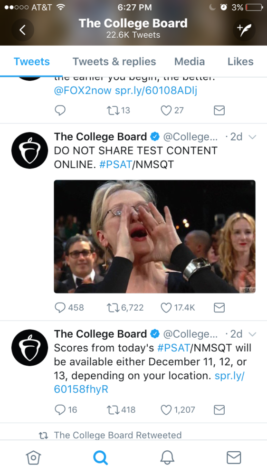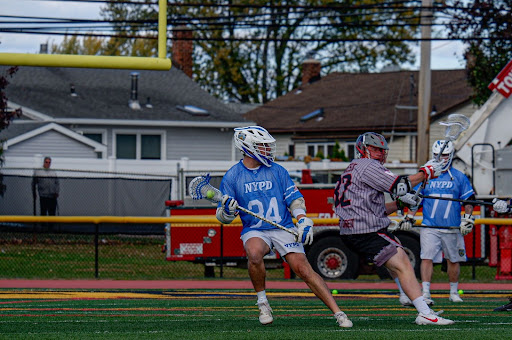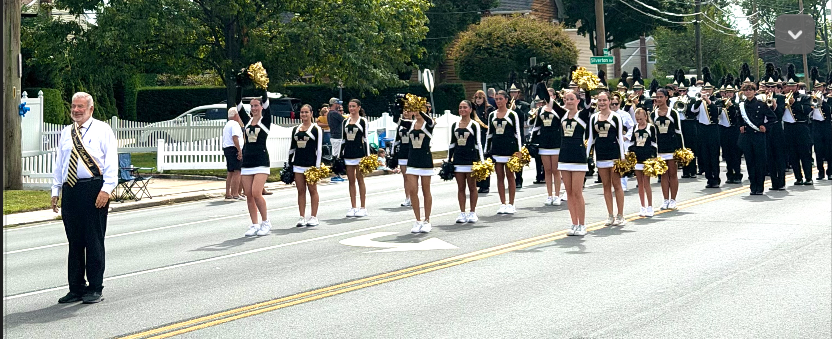Standardized Test Memes: Why Are They Such a Big Deal?

October 9, 2018
When standardized tests roll around and everyone checks their social media accounts the day after the test, chances are that they’ll see a good amount of memes relating to the questions on the test. They’ll probably laugh at the memes upon initially looking at them, but when they come to really think about it, they might realize that such memes shouldn’t be allowed. The majority of memes are in regards to the standardized tests put out by the College Board, such as the PSAT, SAT, and AP exams.
As per the College Board guidelines, which indicate for proctors to explicitly state to all students who take the test: “By signing the statement, you are agreeing not to share any test content with anyone, in any form of communication, including email, text messages, internet posts, or other use of the internet including social media applications. Doing so may result in score cancellation or other possible sanction. In addition, you agree that if your school provided any information about you to the College Board, the College Board may retain that information to provide the educational services related to this test, such as score reporting and scholarship eligibility and opportunities.”
The content of the memes students tend to post to social media regarding these tests tends to be related directly to the questions the tests ask the students. By posting these memes, students are virtually sharing test content with the entire world.
So why do students continue to post memes on the internet about the standardized tests if it’s seemingly prohibited? And how do they get away with it?
The answer might simply boil down to the fact that, because not everyone on the internet has taken the PSAT, SAT or AP exams, students may feel like they can get away with posting such memes as the content of them is somewhat like “inside jokes” – in their heads, only they understand them. But posting such memes under a hashtag such as #PSAT would group such memes together and identify them as being references to standardized tests – which makes them more vulnerable to being taken down and, if not taken down, jeopardizing students of their scores. An example of this occured in 2017 after the October PSAT exams. According to Newsweek, the College Board discovered the memes students were making out of the PSAT and “created a PSAT meme of its own, tweeting a now-famous image of Meryl Streep singing at a 2015 awards ceremony and writing, ‘Do Not Share Test Content Online.’” They then went through students’ popular tweets tagged with #PSAT, replying “Can you delete this tweet? We ask that students not share test content on social media. Thanks.” to all of them. The natural response from many students was to just respond with more memes.
The College Board would need to enforce stricter policies about these memes if they want students to completely stop posting them. However, it seems unlikely that this phenomenon of standardized test memes will come to a halt anytime soon – as these memes rarely give away any actual test answers.
Still, there’s always the possibility that the College Board could enforce strict policies that forbid these memes, so before you post anything about the content of a standardized test online it would be a smart idea to think before you do so.














